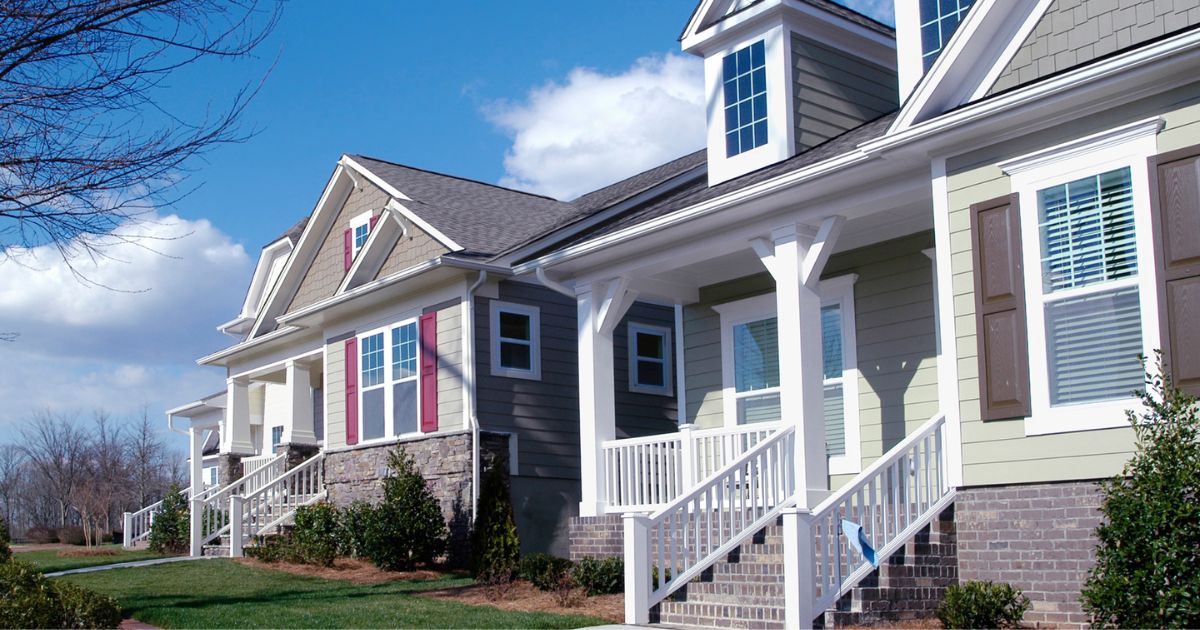Assessments on Association-Owned Units Can be Common Expenses Allocated to Other Owners

The Wisconsin Court of Appeals recently ruled that dues owed for association-owned condominium units can be treated as shared expenses and that associations can change how owners divide assessments without altering shared common elements.
The decision stems from Strassburg v. Hickory Meadows Association, Inc. (No. 2022AP1488), in which homeowner Elaine Strassburg sued the Hickory Meadows Association, Inc., the organization managing the Rock County, Wisconsin condominium complex.
The Hickory Meadows condominium declaration established the construction of 70 units. However, 11 association-owned units were never built. The association later agreed to sell four and informed the buyers they would pay lower assessments than the built units. Under the association’s bylaws, all unit owners were to share common expenses equally, each paying 1/70th share.
After selling the units and charging a lower assessment rate, Strassburg and other unit owners sued the association, claiming that the undeveloped units should be charged 1/70th of the common expenses, as stated in the bylaws. The trial court agreed, ruling that the unequal assessments were invalid.
In response, some unbuilt unit buyers threatened legal action, and the association took back ownership of two, treating the assessment fees for the unbuilt units as shared expenses divided between 61 owners. Strassburg again sued, claiming the method of dividing costs violated the association’s bylaws, the court ruling, and the Wisconsin Condominium Ownership Act.
The trial court agreed, finding that the association’s practice of dividing fees for association-owned units forced other owners to pay more than their share and was against the bylaws. However, the court did not state how the association should cover costs without shifting expenses onto other owners.
On the recommendation of a certified public accountant, the association then included assessments for its owned units as common expenses, beginning with the 2020 budget. Strassburg petitioned the court to prevent the association from levying the assessments, and the court agreed, barring the expense changes in both the 2020 and 2021 budgets.
After a 47-to-6 vote, the association amended the bylaws to state that assessments would not be based on owners’ interest in the common elements, distinguish between built and unbuilt units, and divide the association’s expenses into different categories. All units would be equally assessed for grounds maintenance, administration, and reserves, and only built units would be assessed for maintenance and repair based on square footage. Assessments for association-owned units would be treated as common expenses since they do not generate income.
Strassburg claimed to the trial court that the association was in contempt by continuing to treat assessments on association-owned units as shared expenses unfairly assessed to other owners. The court rejected her claim, finding that the law provides a general rule for dividing shared expenses, allows for alternative methods in the bylaws, and that the association made a good faith effort to follow past decisions.
Strassburg appealed, claiming the association violated the Wisconsin Condominium Ownership Act as assessments on association-owned units were not considered common expenses under the act. She further claimed that the method of allocating assessments in the new bylaws altered owners’ shares of common interests without their consent. The act states that owners’ percentages in common elements cannot be amended without written consent from all owners and mortgage lenders.
The appeals court ruled that the act broadly defined common expenses to include any owned by the association for units it owns. The court also found that bylaw amendments change how assessments are calculated but do not affect owners’ interests in common elements, upholding the trial court’s ruling that no laws or bylaws were broken.
In Maryland, assessments on association-owned units can also be considered common expenses allocated to other owners, as outlined in the Maryland Condominium Act, which governs common expenses and profits. The association declaration and bylaws should clearly define how common expenses are allocated.
It is generally advisable to consult an experienced Maryland attorney with extensive knowledge and experience in condominium and HOA laws if you have questions regarding common expenses or the language in your association’s bylaws.
Oliveri & Larsen Provides an Exceptional Range of Services to Maryland Condominium Associations and HOAs
To learn more, call Oliveri & Larsen at 410-295-3000 or contact us online to schedule an initial consultation. Located in Annapolis, Maryland, we serve clients throughout Ocean City, Anne Arundel County, Baltimore County, Baltimore City, Calvert County, Harford County, Howard County, Queen Anne’s County, St. Mary’s County, Worcester County, Kent County, and the upper and lower Eastern Shores of Maryland.
